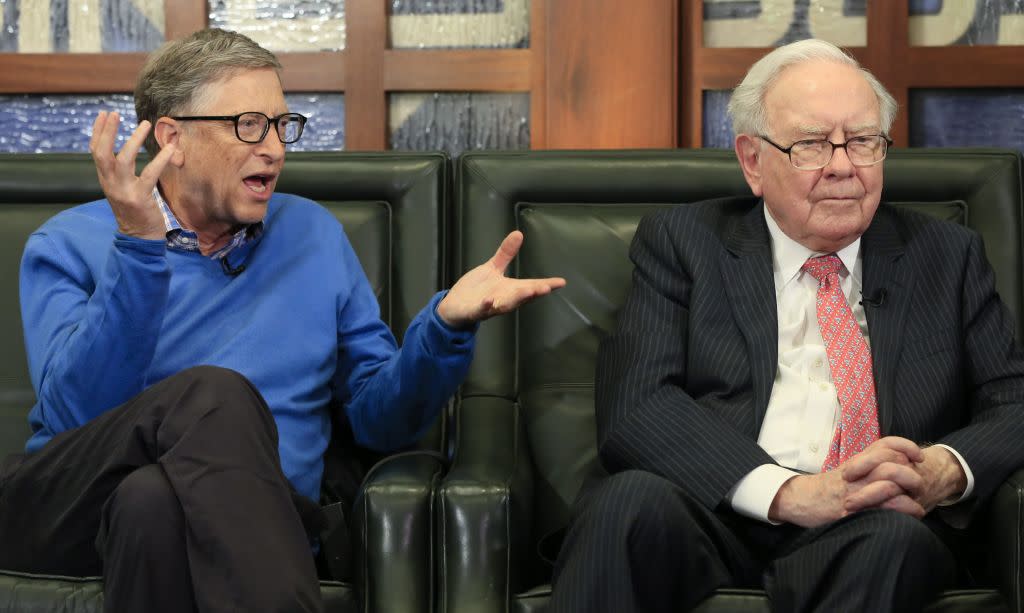Bill Gates on the limitations of corporate purpose

Bill Gates says companies should have purposes beyond profitability—but also warns of limits to how far the focus on societal outcomes should extend.
Gates, in a recent interview with Quartz, suggested people should still look to governments for addressing societal needs. And he noted that profitability ultimately is a basic prerequisite for corporations to be able to do anything else.
“This is not the magic bullet that you can solve climate change or under-five mortality by just asking corporate CEOs to take it on,” the billionaire Microsoft co-founder said. “I hope that people aren’t thinking that lets government off the hook for its central role.”
Gates’s comments follow the recent statement by top American executives that corporations have a primary responsibility to employees, customers, and society, alongside stockholders—a significant shift from their earlier position that the highest duty of management and boards of directors was strictly to serve shareholders.
In the interview, Gates argued for not losing focus on a company’s financial performance, invoking the experiences of his good friend Warren Buffett at Berkshire Hathaway:
“Its ability to exist and hire people and pay their salaries is based on a certain financial strength. You can’t ignore the fact that there is sort of an evolutionary selection thing that goes on there. To use Warren Buffett’s example, if he continued to fund the New England textile mills, he would’ve run out of money, and so would that have been a good thing? So even as you take on these broader criteria…the scale of the company and what it can do will be based on financial strength.”
Gates also mused about the size of corporations, voicing a defense of the technology giants at a moment when there’s apparent momentum for antitrust actions including breaking up firms such as Google and Facebook. “The tech industry just naturally has large companies where the purpose is to engage in, like, 10-year-goal-driven R&D activities,” said Gates. “It all has to do with this sort of timeframe and risk model, so for Microsoft being able to have a gigantic R&D budget and have diversification across all those different initiatives and fund the fixed cost of the sales force on a global basis.”
Gates continued:
“The private market does work for most things. It doesn’t work for malaria. It doesn’t work for climate change, without government regulations to shape the market. Most countries choose not to do education through the use of companies. They could; you could go to a completely outsourced model. But there’s no country that’s chosen to do it that way. Healthcare is the one that’s the most complicated, where you name a model and there’s a country that at least in some respects is doing it that way. Military is very much not for the corporation.”
Gates noted that the Bill & Melinda Gates Foundation works directly with pharmaceutical companies to drive initiatives involving drugs and diseases where it’s hard for the companies to make much profit. “I wouldn’t expect the pharma companies to completely for free work on all these poor world diseases,” Gates notes. “They do give us access to their very best people and tools and sometimes some funding.”
But he believes governments are ultimately the answer to some of the hardest problems facing society. “To make sure we cut under-five mortality and that people get educated and that we solve climate change, the totally dominant role will be government in doing that.”
Sign up for the Quartz Daily Brief, our free daily newsletter with the world’s most important and interesting news.
More stories from Quartz:

